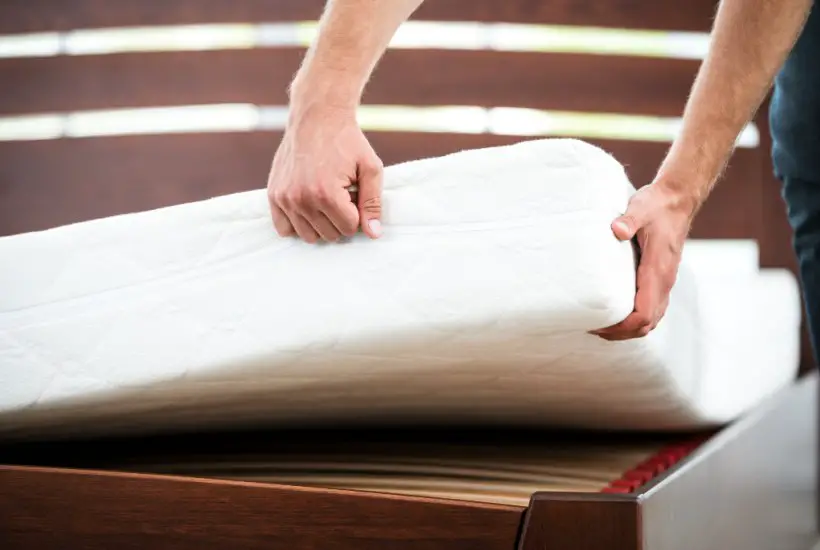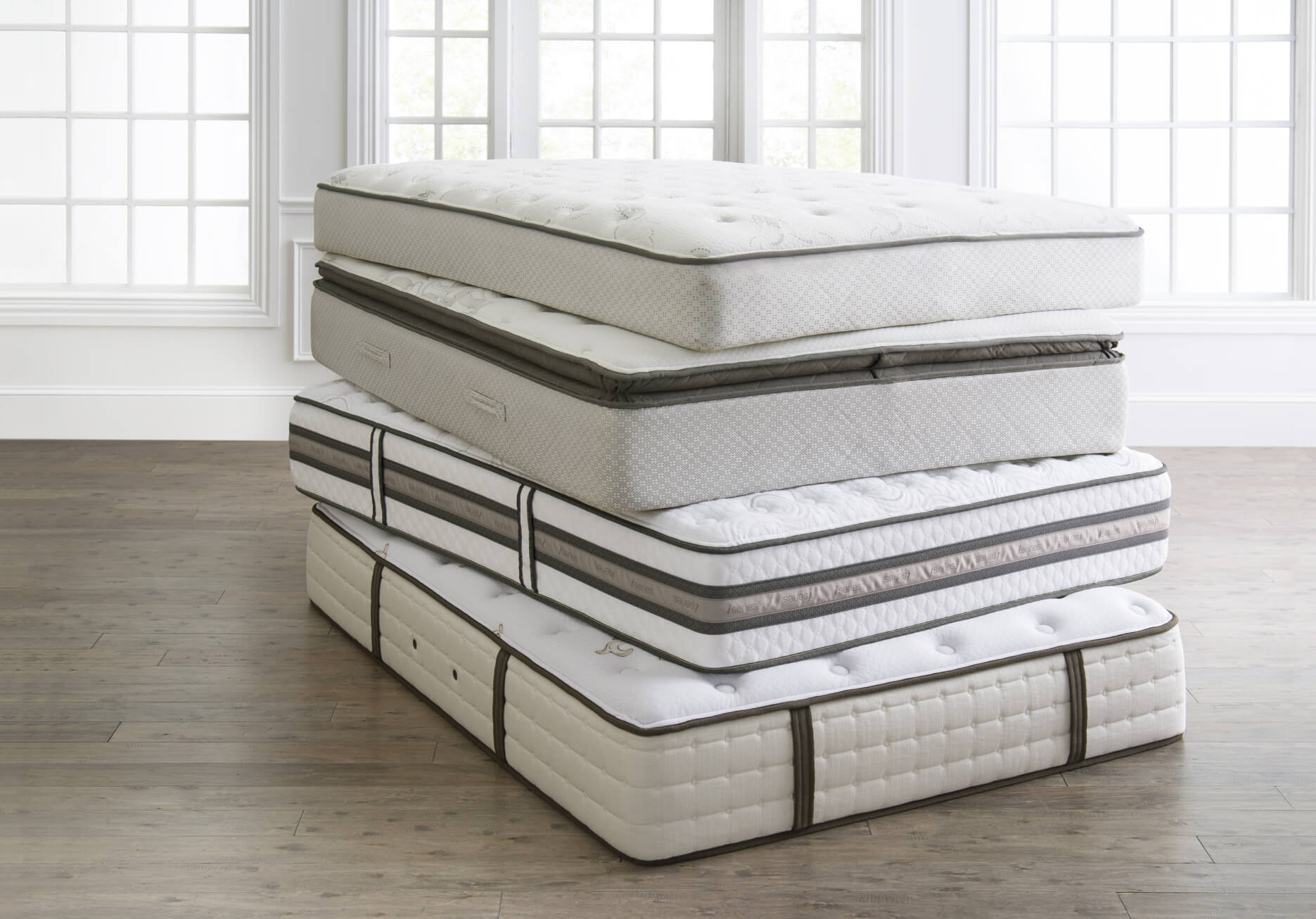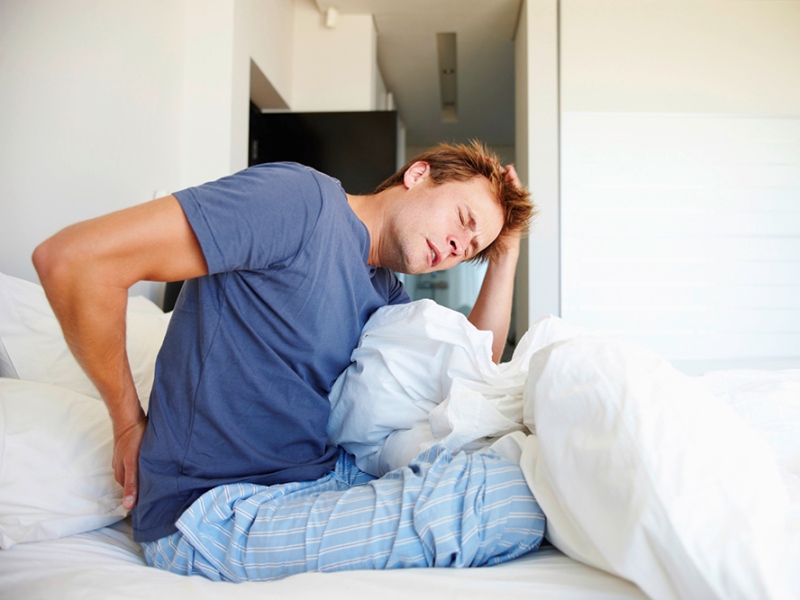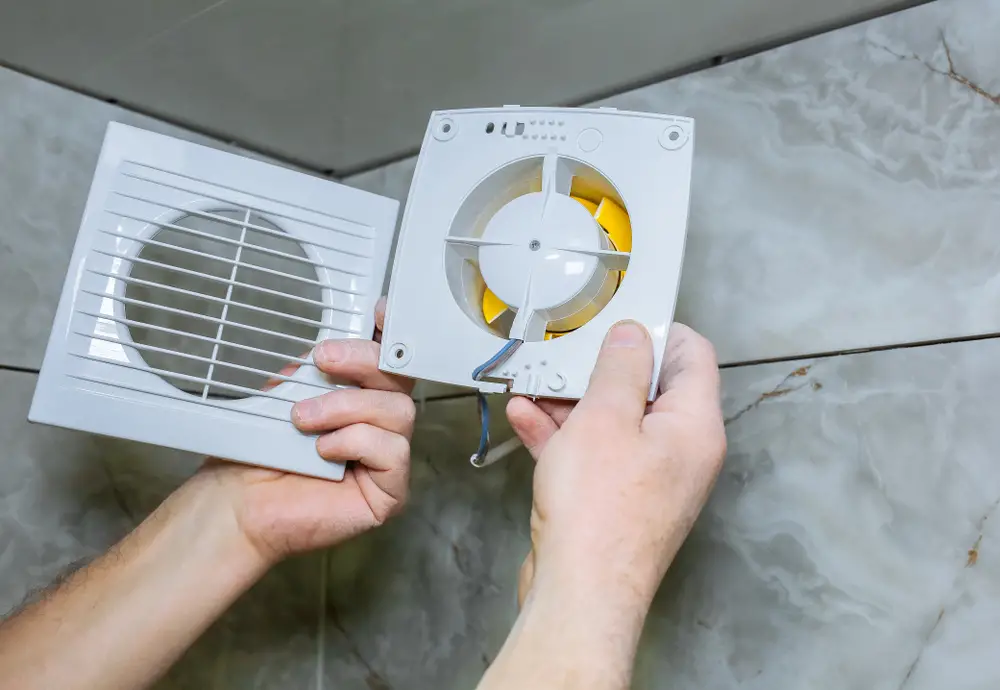Can a Bad Mattress Cause Muscle Pain?
Many people experience muscle pain at some point in their lives, whether it's from a strenuous workout or simply sleeping in an awkward position. However, have you ever considered that your mattress could be the culprit behind your muscle pain? That's right, your seemingly comfortable bed could actually be causing you discomfort and disrupting your sleep. In this article, we'll explore the link between a bad mattress and muscle pain, and what you can do to find relief.
How a Bad Mattress Can Lead to Muscle Pain
If you're sleeping on a bad mattress, chances are you're not getting the proper support your body needs. This can cause your muscles to strain and tense up, leading to pain and discomfort. A bad mattress can also put pressure on certain areas of your body, such as your hips and shoulders, causing them to sink in and misalign your spine. This can result in muscle pain and stiffness in the morning.
Understanding the Link Between a Bad Mattress and Muscle Pain
It's important to understand the connection between a bad mattress and muscle pain. When your body is not properly supported during sleep, your muscles have to work overtime to compensate. This can cause them to become fatigued and strained, leading to pain and discomfort. Your mattress should provide a balance of support and cushioning to keep your spine aligned and your muscles relaxed.
Signs Your Mattress is Causing Muscle Pain
There are certain signs to look out for that could indicate your mattress is the cause of your muscle pain. If you wake up feeling stiff and sore, or experience pain in your neck, shoulders, or lower back, it could be a sign that your mattress is not providing adequate support. You may also notice that you have trouble getting comfortable and tossing and turning throughout the night. These are all signs that your mattress is not the right fit for your body.
How to Relieve Muscle Pain Caused by a Bad Mattress
If you're experiencing muscle pain due to a bad mattress, there are steps you can take to find relief. One option is to invest in a mattress topper, which can provide extra cushioning and support to help alleviate pressure points. Another option is to try different sleeping positions to see if that helps with your discomfort. Additionally, incorporating stretching and relaxation techniques before bed can help loosen tight muscles and promote better sleep.
The Importance of a Good Mattress for Muscle Pain Relief
A good mattress is essential for not only getting a good night's sleep, but also for relieving muscle pain. When your body is properly supported, your muscles can fully relax and repair themselves during the night. This can help reduce pain and stiffness in the morning, allowing you to wake up feeling refreshed and rejuvenated. Investing in a good mattress is an investment in your overall health and well-being.
How to Choose the Right Mattress to Prevent Muscle Pain
When it comes to choosing the right mattress to prevent muscle pain, there are a few factors to consider. Firstly, you want to make sure the mattress provides adequate support for your body. This will depend on your individual preferences and any pre-existing conditions you may have. It's also important to consider the firmness of the mattress and whether it provides the right level of cushioning for your body. Lastly, look for a mattress with good reviews and a solid warranty to ensure you're getting a quality product.
Common Causes of Muscle Pain from a Bad Mattress
Aside from a lack of support and cushioning, there are other common causes of muscle pain from a bad mattress. An old or worn-out mattress can lose its support and cause discomfort. Similarly, a mattress that is too small or too large for your body can also lead to muscle pain. Additionally, sleeping in the same position night after night can cause repetitive strain on your muscles and contribute to pain and discomfort.
Exercises to Help Alleviate Muscle Pain Caused by a Bad Mattress
If you're experiencing muscle pain from a bad mattress, there are certain exercises you can do to help alleviate the discomfort. Stretching and yoga can help loosen tight muscles and improve flexibility. Foam rolling can also be beneficial for releasing tension in your muscles. Additionally, incorporating strength training exercises into your routine can help build up your muscles and prevent strain and pain.
When to Replace Your Mattress to Avoid Muscle Pain
Knowing when to replace your mattress is key to avoiding muscle pain and ensuring a good night's sleep. On average, a mattress should be replaced every 7-10 years, but this can vary depending on the quality of the mattress and how well it has been cared for. If you're experiencing consistent discomfort and pain from your mattress, it's a good indication that it's time for a replacement. Don't hesitate to invest in a new mattress for the sake of your health and well-being.
How a Bad Mattress Can Contribute to Muscle Pain

The Importance of a Good Mattress
 A good night's sleep is crucial for our overall health and well-being. It not only helps us feel refreshed and energized in the morning, but it also plays a vital role in repairing and rejuvenating our bodies. And one of the key factors for a good night's sleep is a
quality mattress
.
A good night's sleep is crucial for our overall health and well-being. It not only helps us feel refreshed and energized in the morning, but it also plays a vital role in repairing and rejuvenating our bodies. And one of the key factors for a good night's sleep is a
quality mattress
.
The Connection Between Mattresses and Muscle Pain
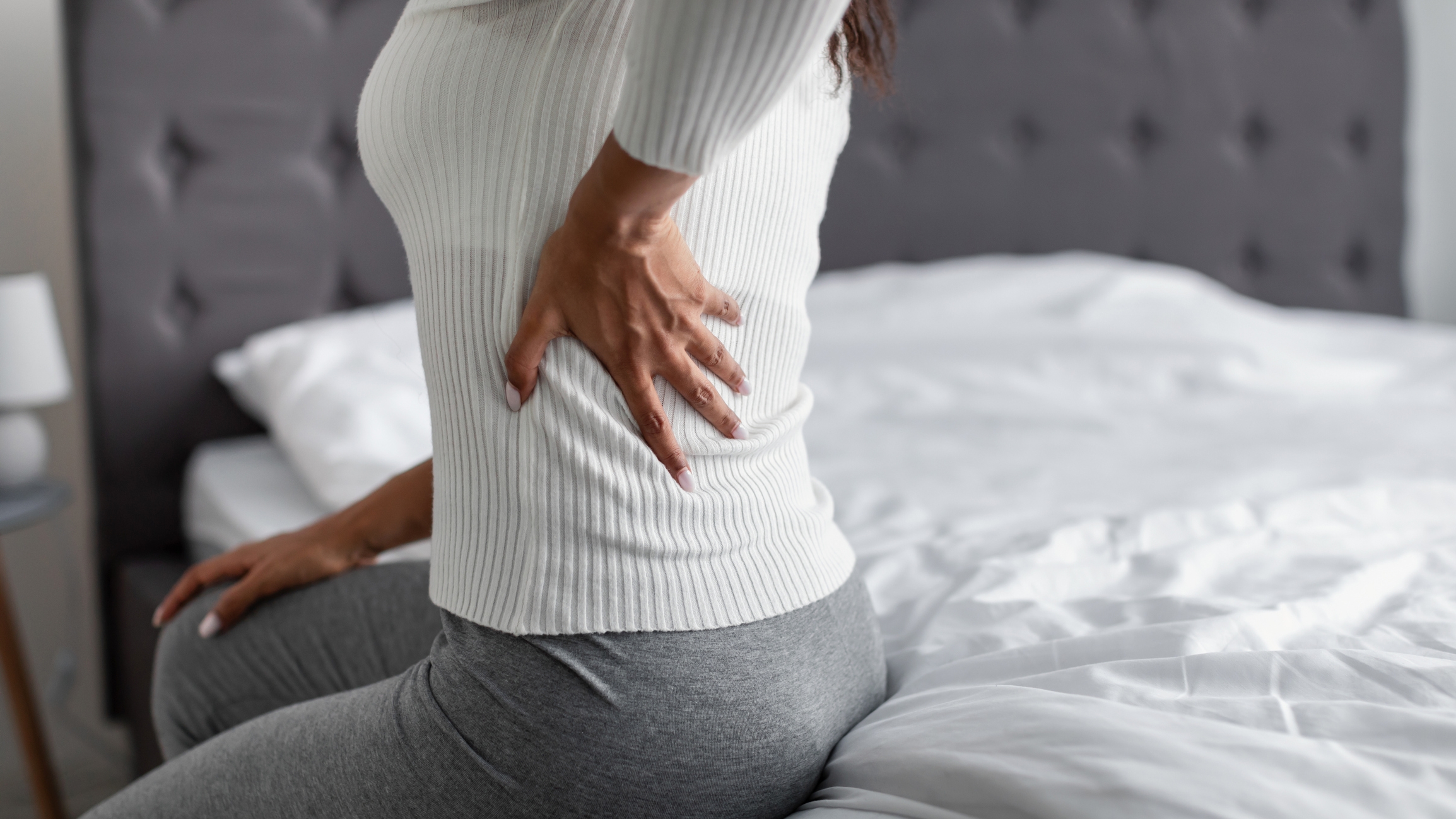 When it comes to muscle pain, many people tend to think of strenuous physical activities or injuries as the main causes. However,
a bad mattress
can also contribute to muscle pain and discomfort. This is because
an unsupportive mattress
can put unnecessary pressure on certain areas of the body, leading to muscle strain and tension.
If your mattress is
too soft
, your body will sink into it, causing your spine to curve unnaturally and putting strain on your muscles. On the other hand,
a too firm mattress
can create pressure points on your hips, shoulders, and other areas, leading to pain and discomfort.
When it comes to muscle pain, many people tend to think of strenuous physical activities or injuries as the main causes. However,
a bad mattress
can also contribute to muscle pain and discomfort. This is because
an unsupportive mattress
can put unnecessary pressure on certain areas of the body, leading to muscle strain and tension.
If your mattress is
too soft
, your body will sink into it, causing your spine to curve unnaturally and putting strain on your muscles. On the other hand,
a too firm mattress
can create pressure points on your hips, shoulders, and other areas, leading to pain and discomfort.
The Impact on Your Overall Health
 Aside from causing muscle pain,
a bad mattress
can also have a negative impact on your overall health. Chronic pain and discomfort can disrupt your sleep, leading to
fatigue, irritability, and even depression
. It can also affect your posture, leading to back problems and other health issues.
Moreover, poor sleep quality can also weaken your immune system, making you more susceptible to illnesses and infections. This is why
investing in a good mattress
is essential for not just your comfort, but also your health.
Aside from causing muscle pain,
a bad mattress
can also have a negative impact on your overall health. Chronic pain and discomfort can disrupt your sleep, leading to
fatigue, irritability, and even depression
. It can also affect your posture, leading to back problems and other health issues.
Moreover, poor sleep quality can also weaken your immune system, making you more susceptible to illnesses and infections. This is why
investing in a good mattress
is essential for not just your comfort, but also your health.
The Solution: Choosing the Right Mattress
 If you're experiencing muscle pain, it may be time to evaluate your mattress and consider getting a new one. When shopping for a
new mattress
, keep in mind that
one size does not fit all
. The right mattress for you will depend on your individual needs and preferences.
Consider factors such as your preferred sleeping position, body weight, and any existing health issues when making your decision. A
medium-firm mattress
is often recommended as it provides adequate support while still contouring to your body's natural curves.
If you're experiencing muscle pain, it may be time to evaluate your mattress and consider getting a new one. When shopping for a
new mattress
, keep in mind that
one size does not fit all
. The right mattress for you will depend on your individual needs and preferences.
Consider factors such as your preferred sleeping position, body weight, and any existing health issues when making your decision. A
medium-firm mattress
is often recommended as it provides adequate support while still contouring to your body's natural curves.
Conclusion
 In conclusion,
a bad mattress
can indeed cause muscle pain. It's essential to choose a
quality mattress
that provides the right support and comfort for your body to ensure a good night's sleep and maintain your overall health. Don't hesitate to invest in a good mattress to improve your quality of sleep and ultimately, your quality of life.
In conclusion,
a bad mattress
can indeed cause muscle pain. It's essential to choose a
quality mattress
that provides the right support and comfort for your body to ensure a good night's sleep and maintain your overall health. Don't hesitate to invest in a good mattress to improve your quality of sleep and ultimately, your quality of life.










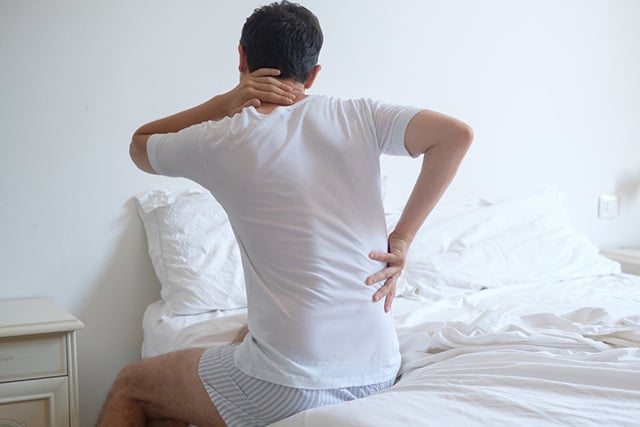



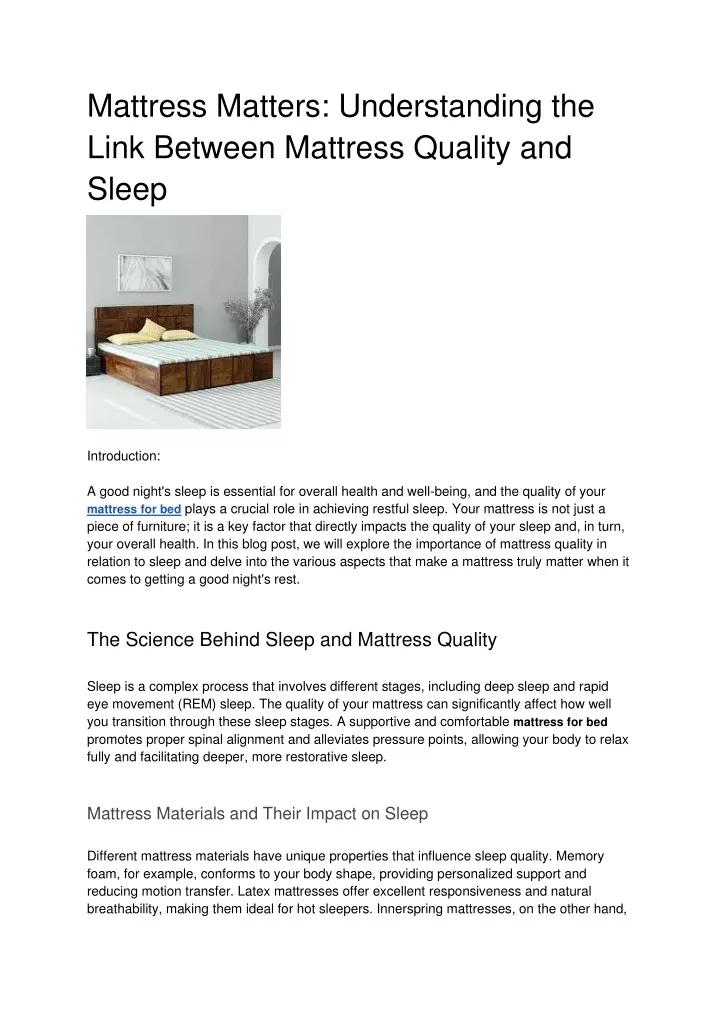


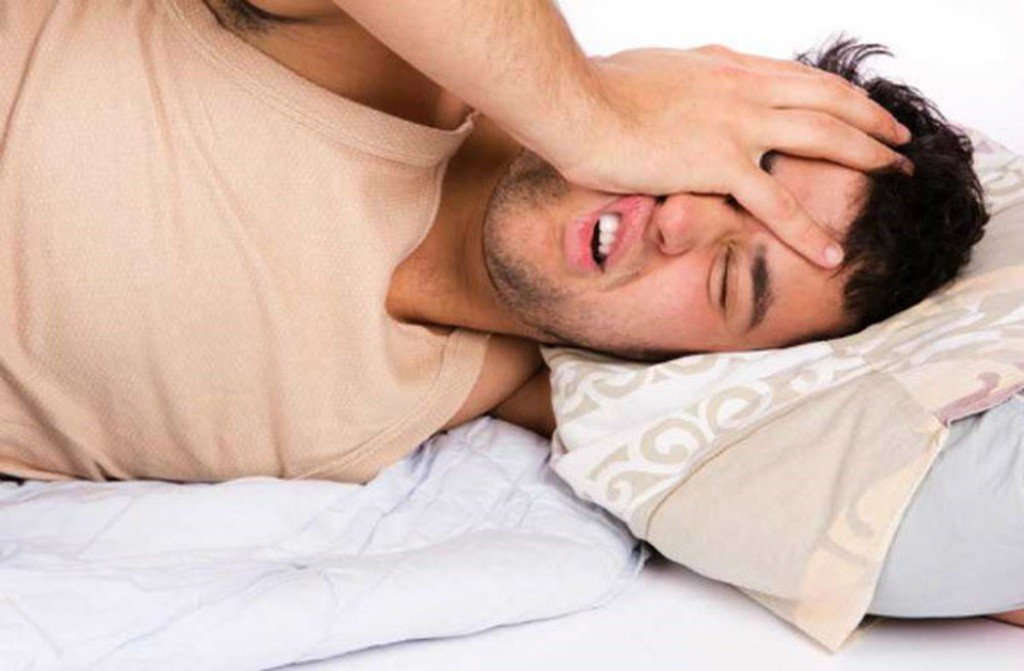










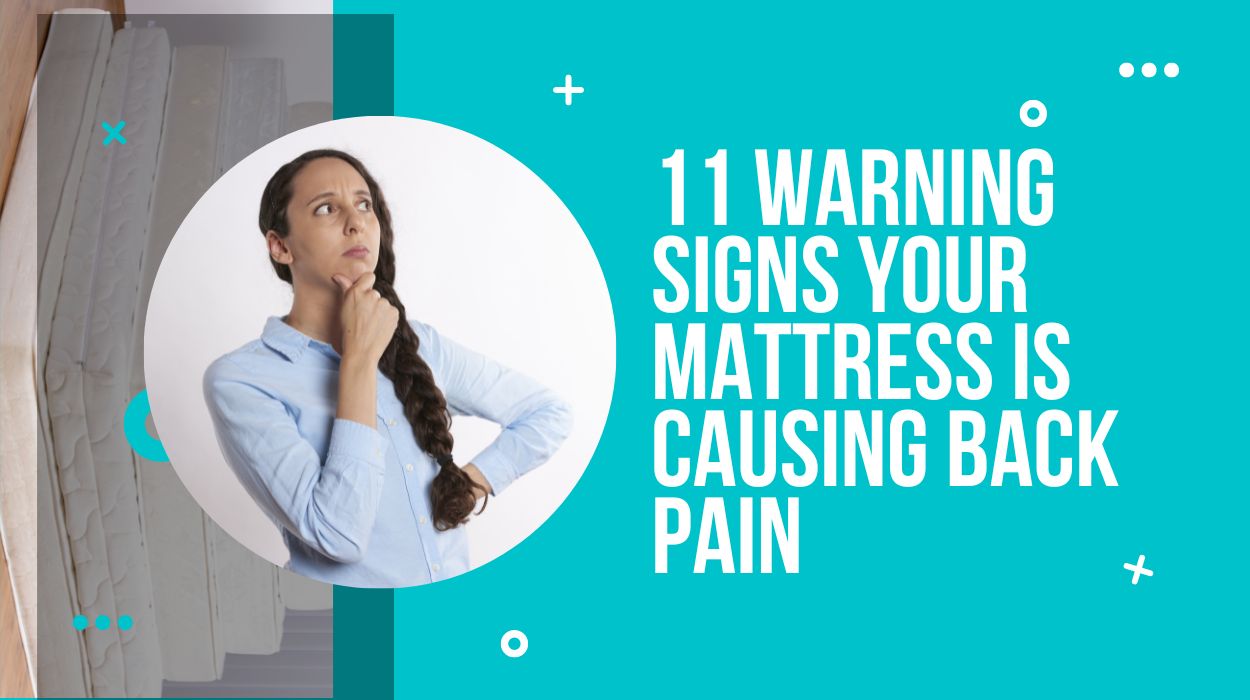
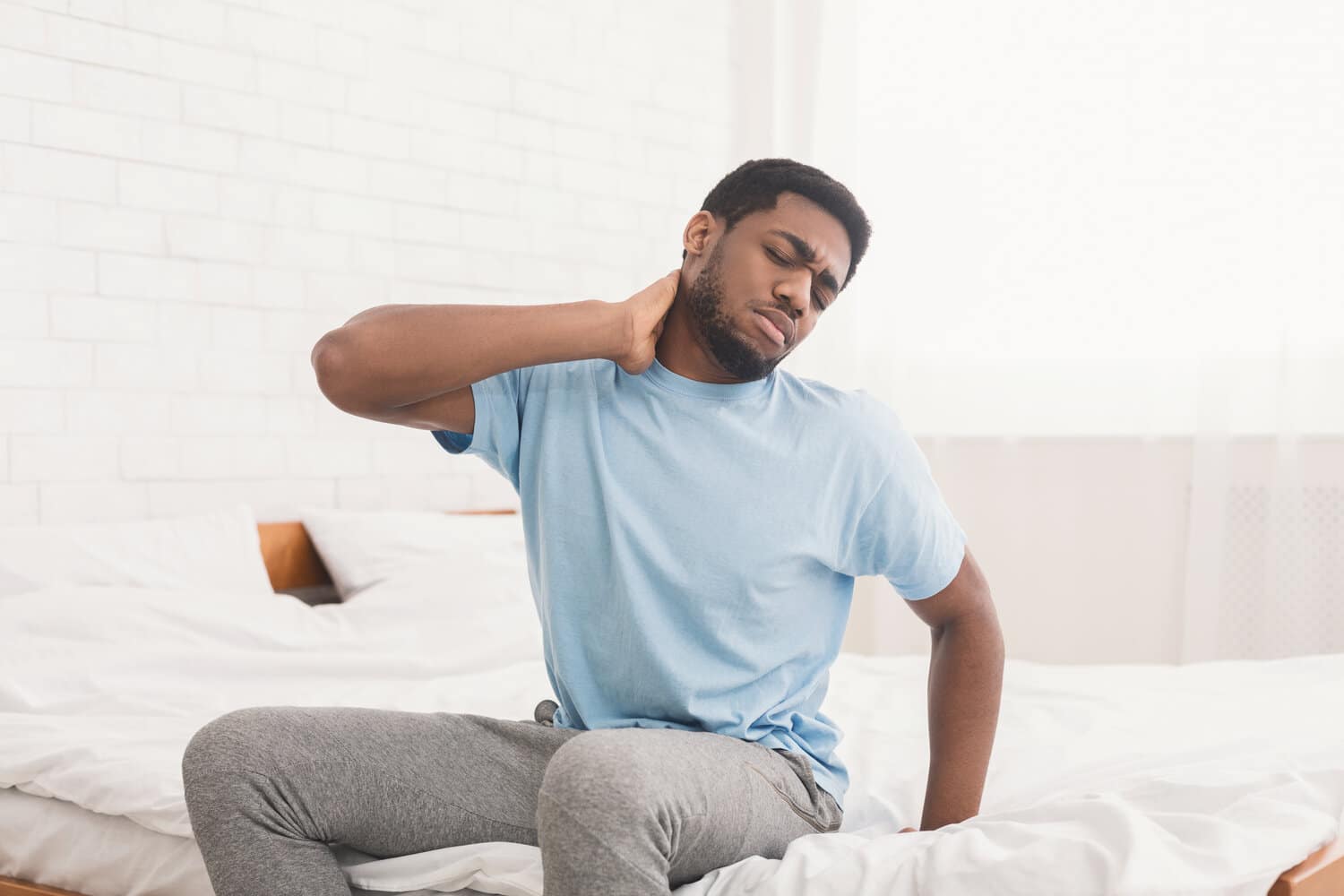



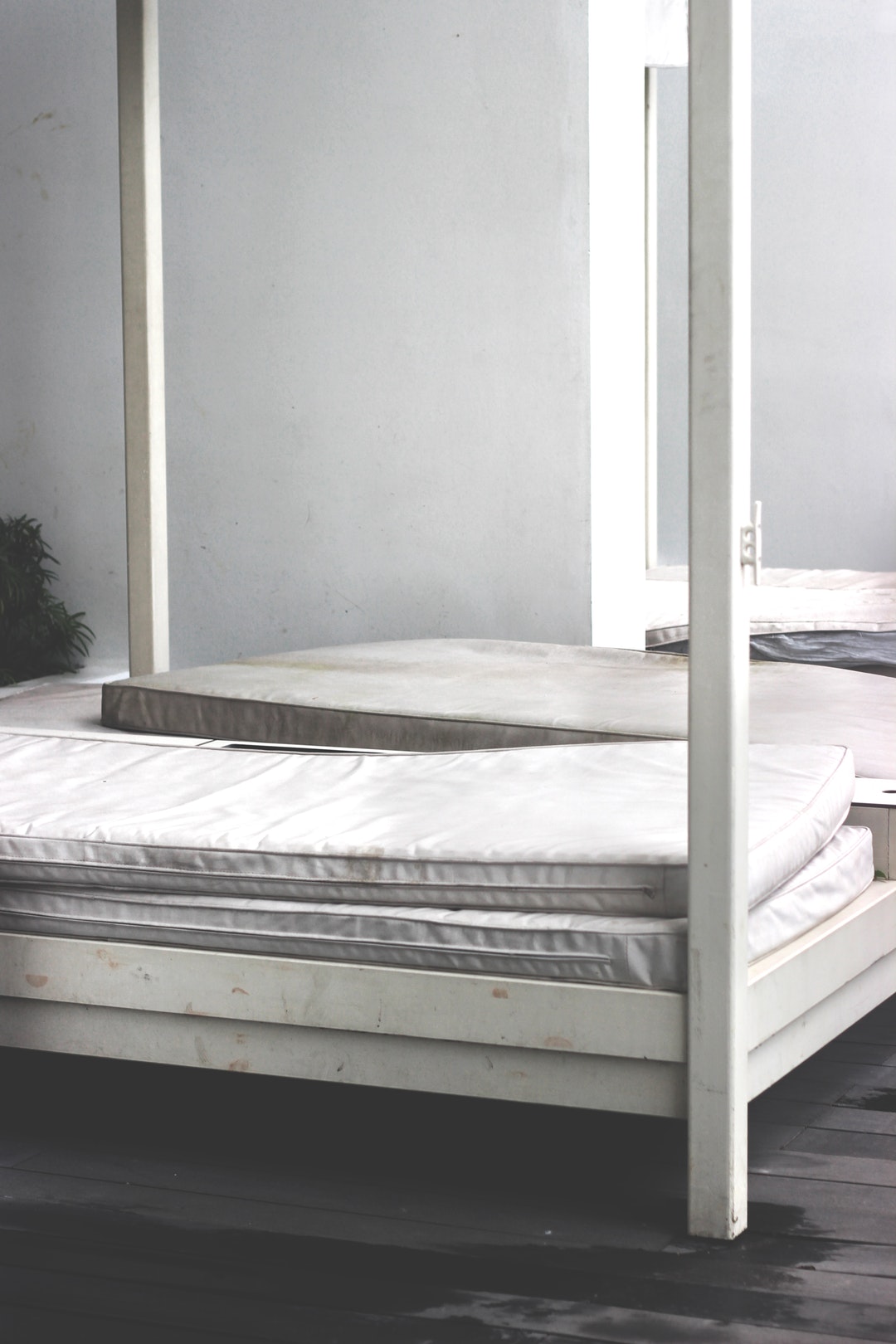
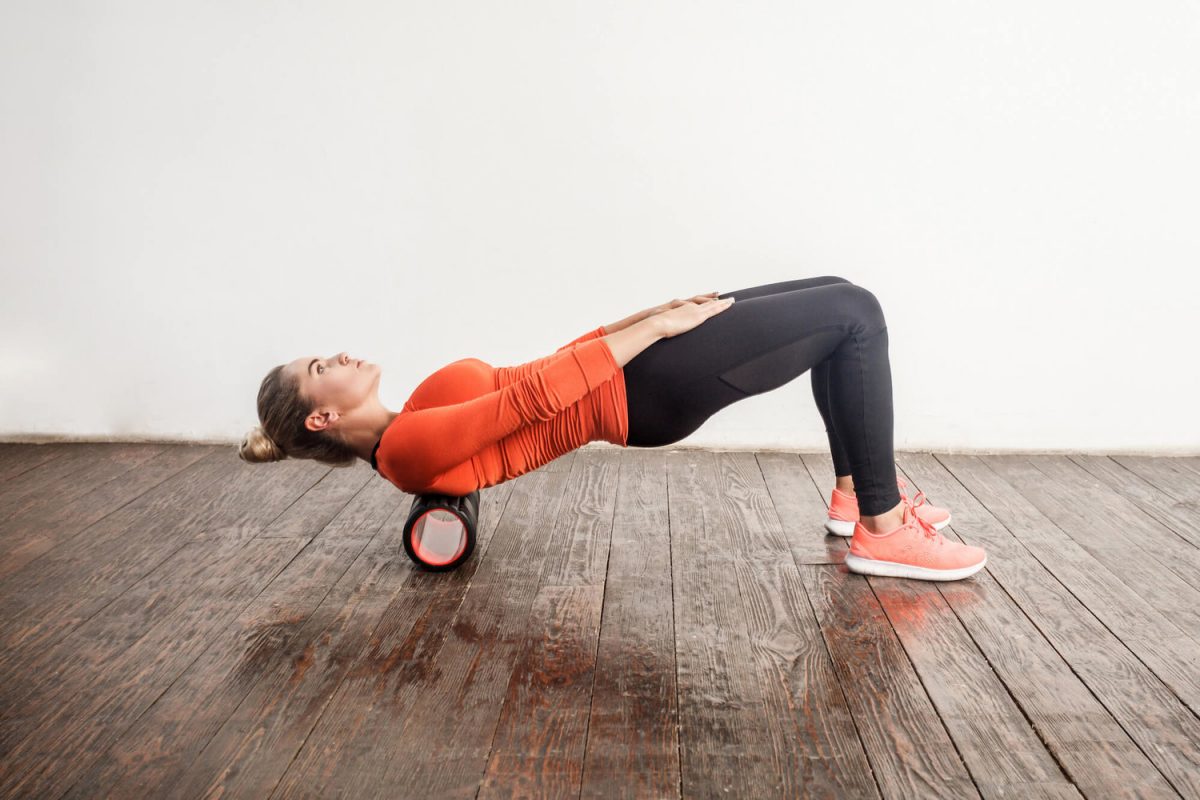





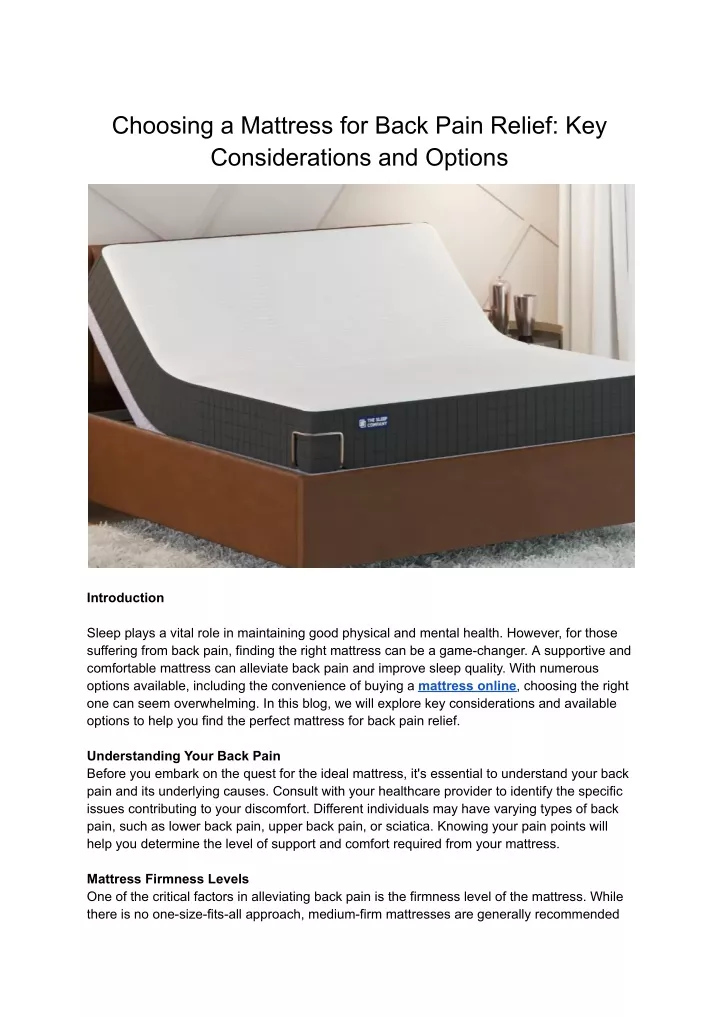


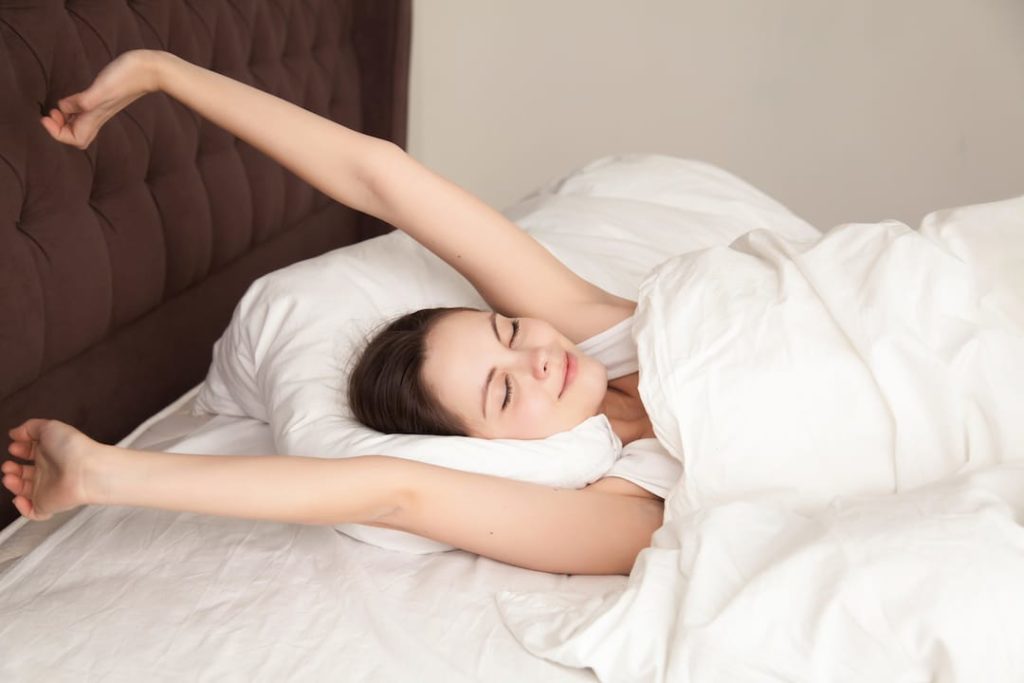
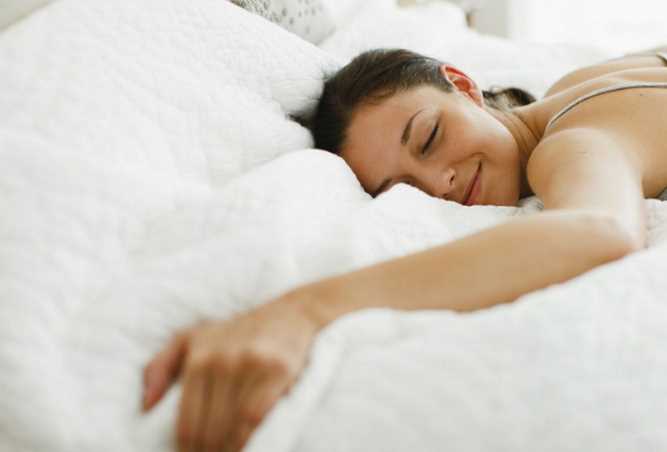




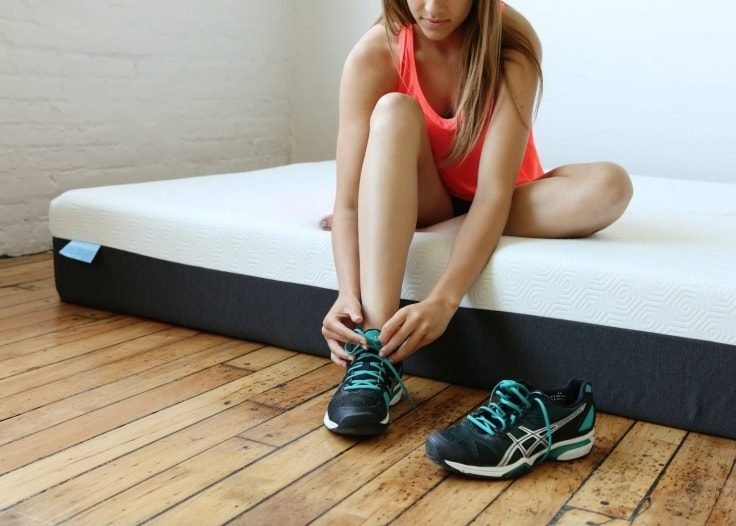


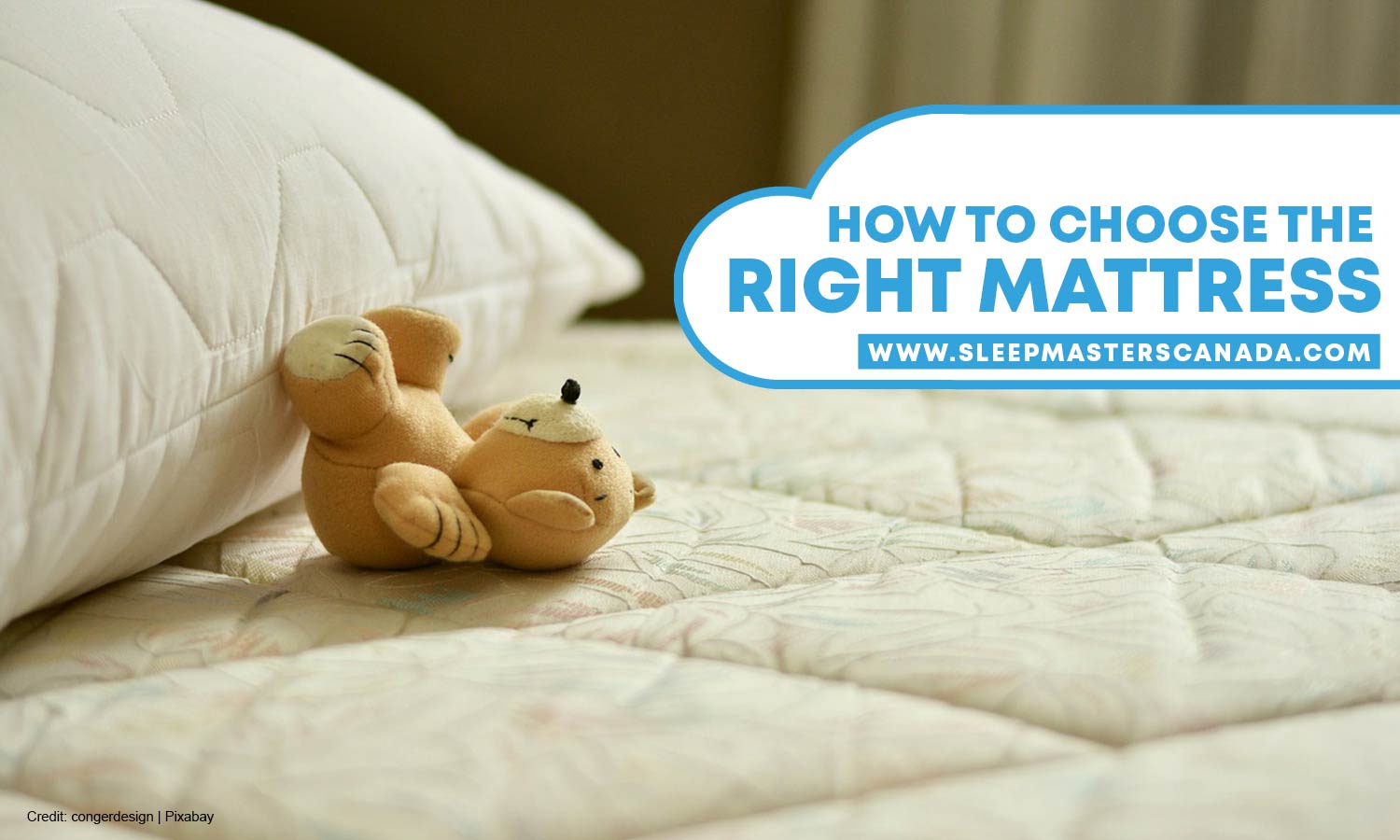
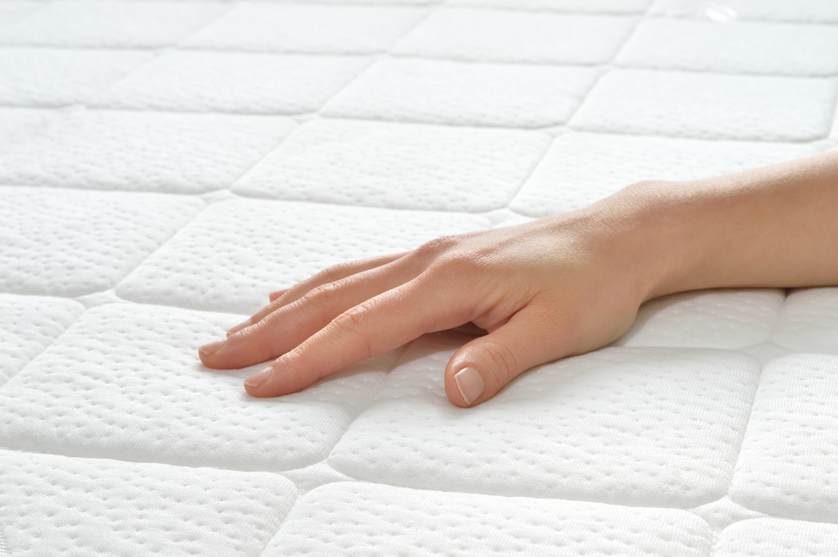
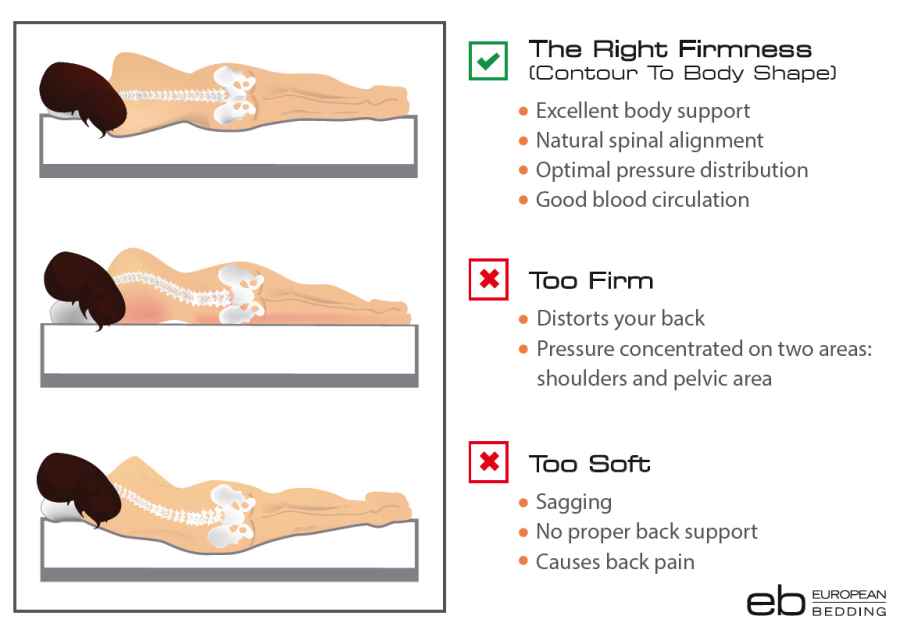
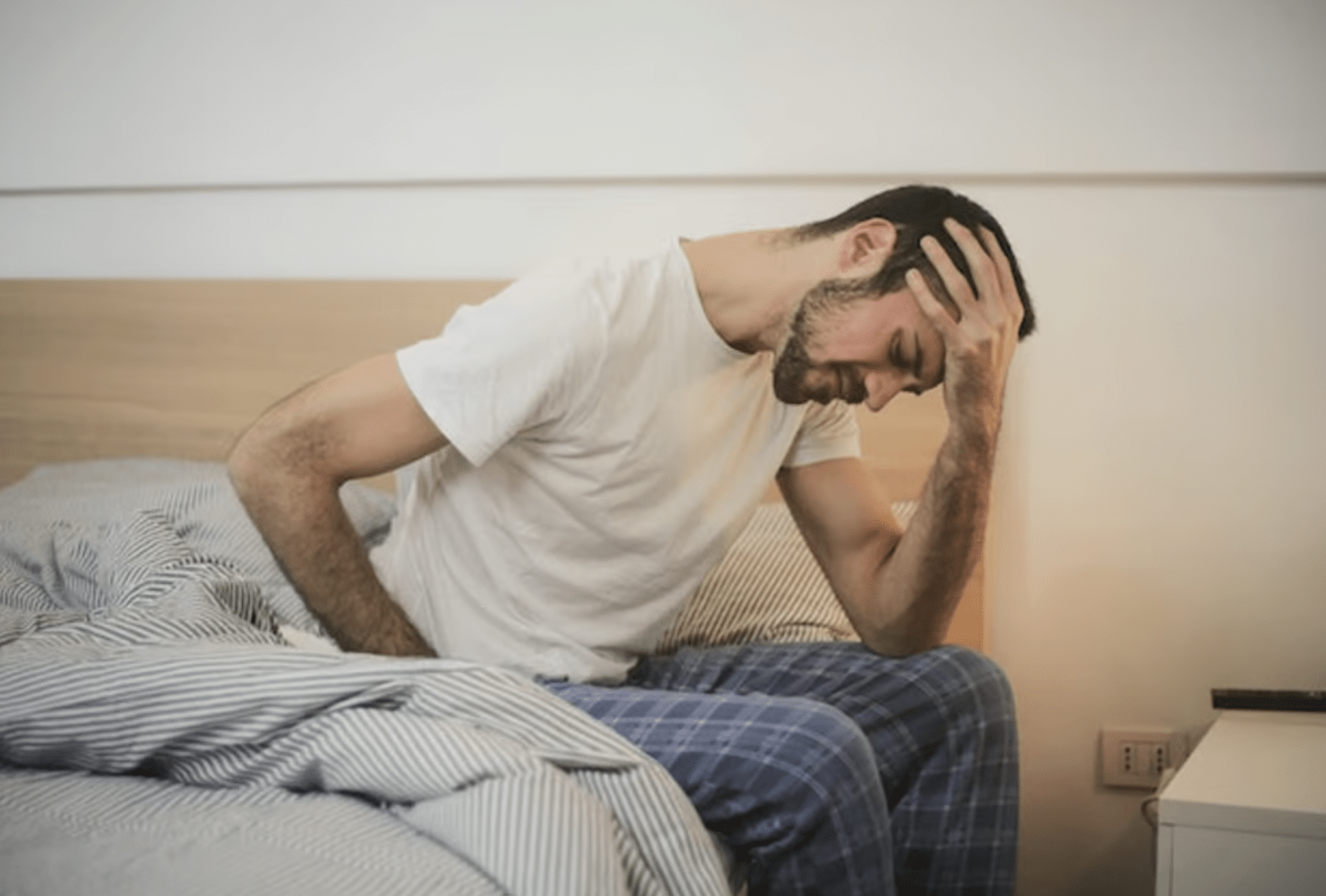






:max_bytes(150000):strip_icc()/musclepainfinal-01-5c86a54e46e0fb00010f1126.png)



















